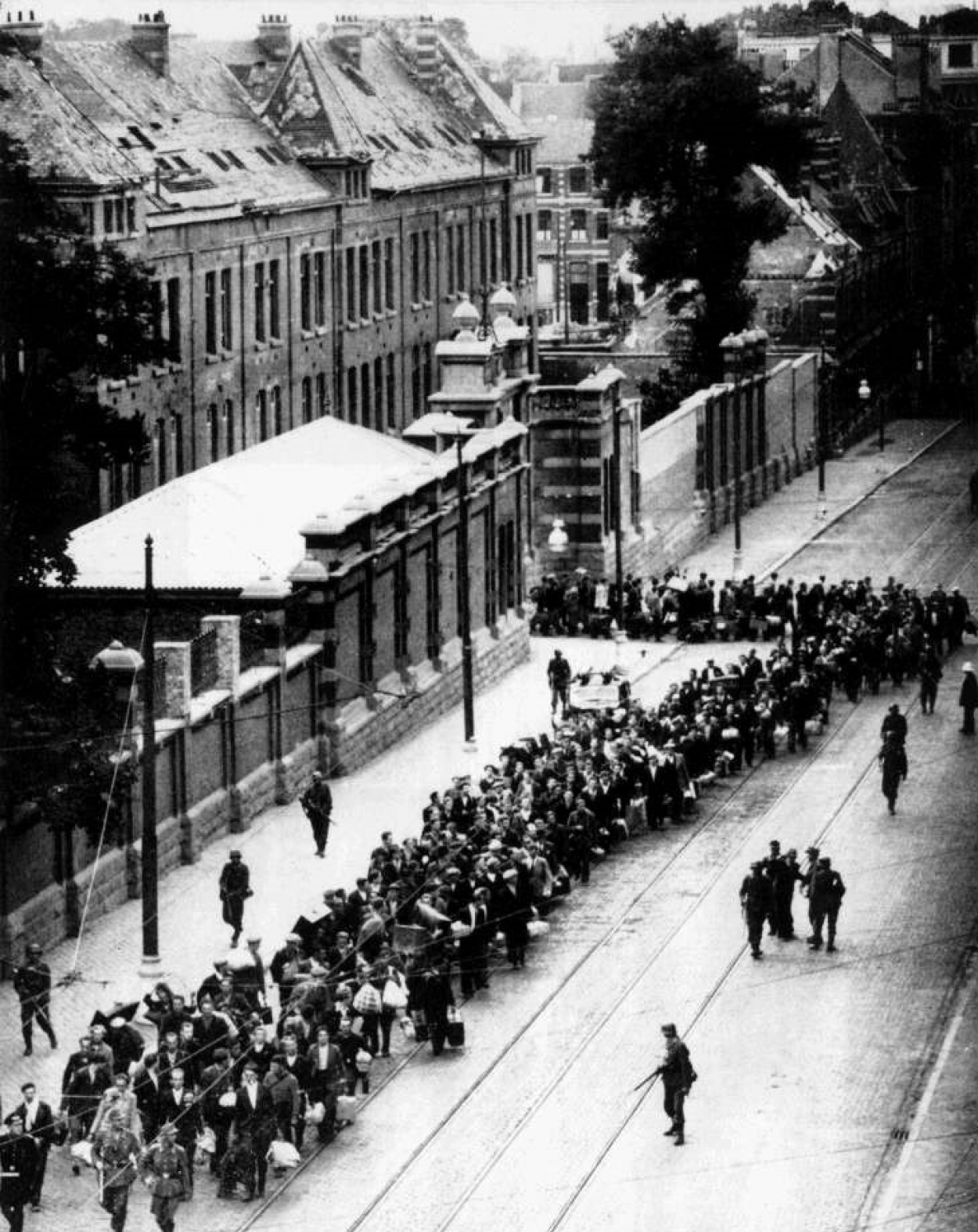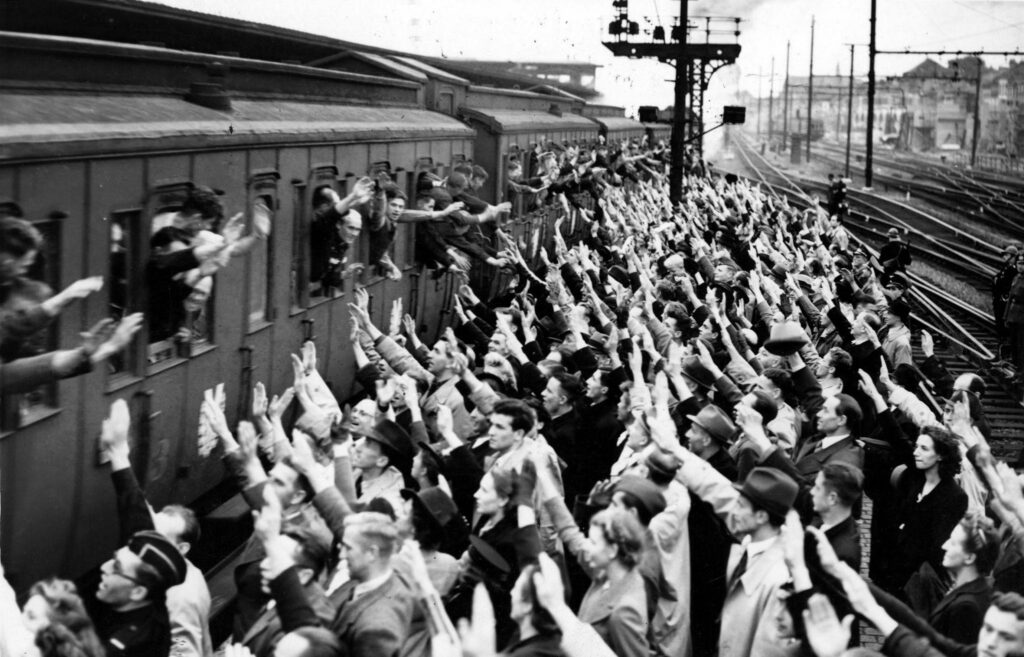Belgian national railway company SNCB must apologise to World War Two victims for its role in the deportation of thousands of people, according to a study by CegeSoma (the State Archives' Study Centre for War and Society).
During World War Two, SNCB was involved in the deportation of more than 25,000 Jews, Roma, political prisoners and forced labourers to Nazi concentration camps, a study by CegeSoma revealed in December 2023.
In response, the Federal Government has established a special team of 12 investigators – the Group of Sages – to follow up on the study's conclusions. The group was tasked with three sub-issues: disclosing the truth, ensuring transmission and forming remedial proposals. After meeting times behind closed doors last year, it made 30 recommendations based on its investigation. These were presented in the Senate on Friday 17 January.
"This report is an important step in the process of recognition and reparation while underlining the urgent need for action in light of today's challenges," said the group's chair, Françoise Tulkens. "It reminds us that remembrance is not only a way to look back but also an essential tool to build a more vigilant and resilient society."
Material reparations and revealing truth
The recommendations listed several initiatives to be taken by the government to "collectively, with dignity and integrity, bear responsibility for this dark page of Belgian history."
One of the most significant recommendations is the offering of official apologies by SNCB. The list also includes the continuation, expansion and funding of commemoration initiatives, the improvement of victims' status, and raising awareness of the reality revealed by the historical study through communication campaigns.

Photograph of a column of Belgian forced labourers leaving under German guard for Etterbeek station for their deportation. Credit: CegeSoma/National Archives
The Group stresses the importance of strengthening the coordination of existing measures and initiatives on remembrance and education. It added that the lessons not only relate to strengthening governance but also to the training of public sector staff, especially when it comes to moral dilemmas.
"These mechanisms are essential to preserve the rule of law and democratic resilience of our institutions, administrations and companies."
Relevant amid rising racism
The recommendations have been submitted to the current government and the Group noted that they should be included in the next Coalition Agreement.
"Understanding the wartime past of railways in our country was a complex exercise, but is more relevant than ever as we see racism, anti-Semitism, the rejection of otherness, intolerance and hate speech re-emerging," said outgoing Mobility Minister Georges Gilkinet (Ecolo).
He added that the work of truth-telling, transmission and reparation that has begun must continue in a spirit of dialogue and consensus-building "so that we can continue to heal the past and shed light on the future".

